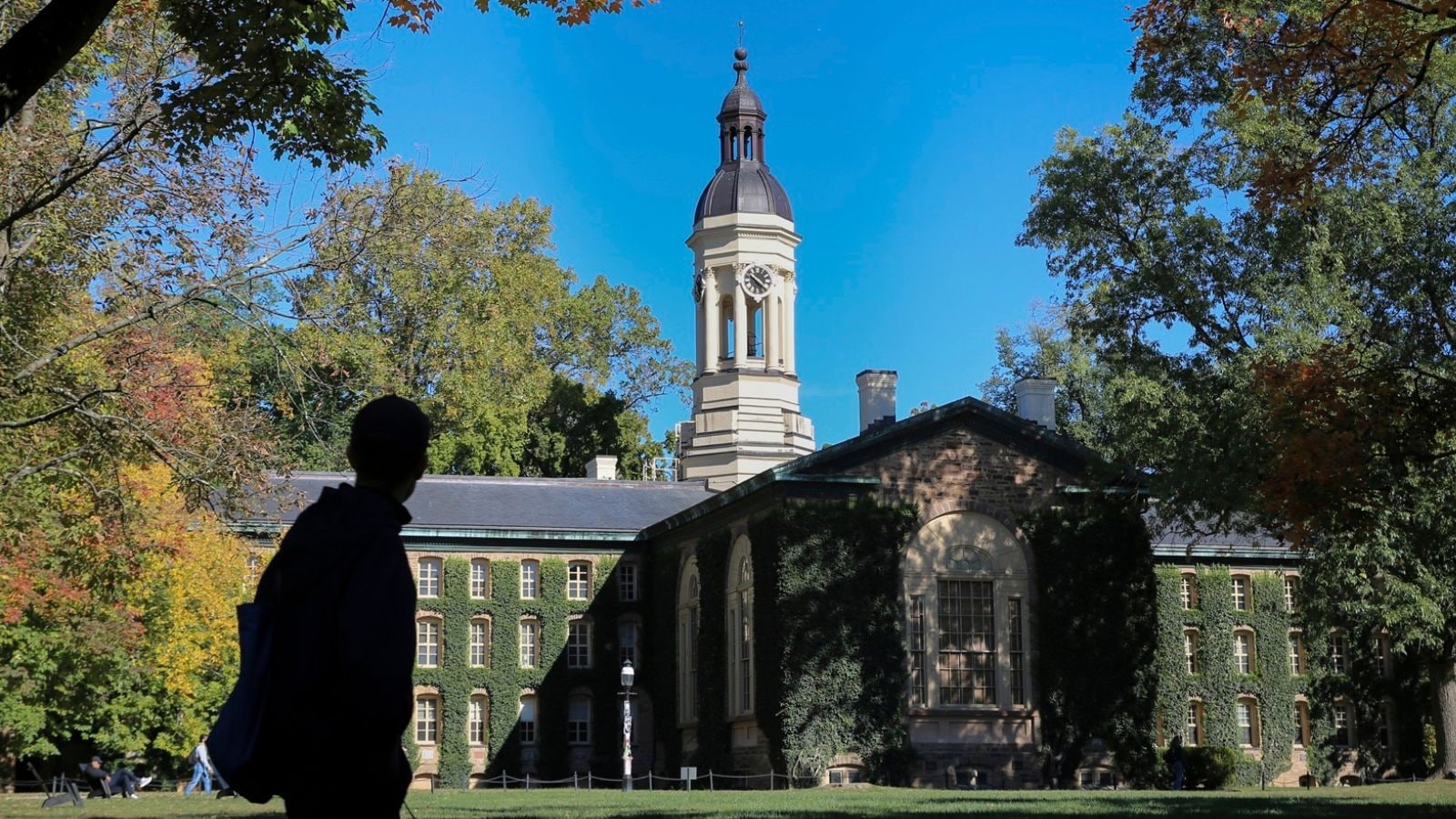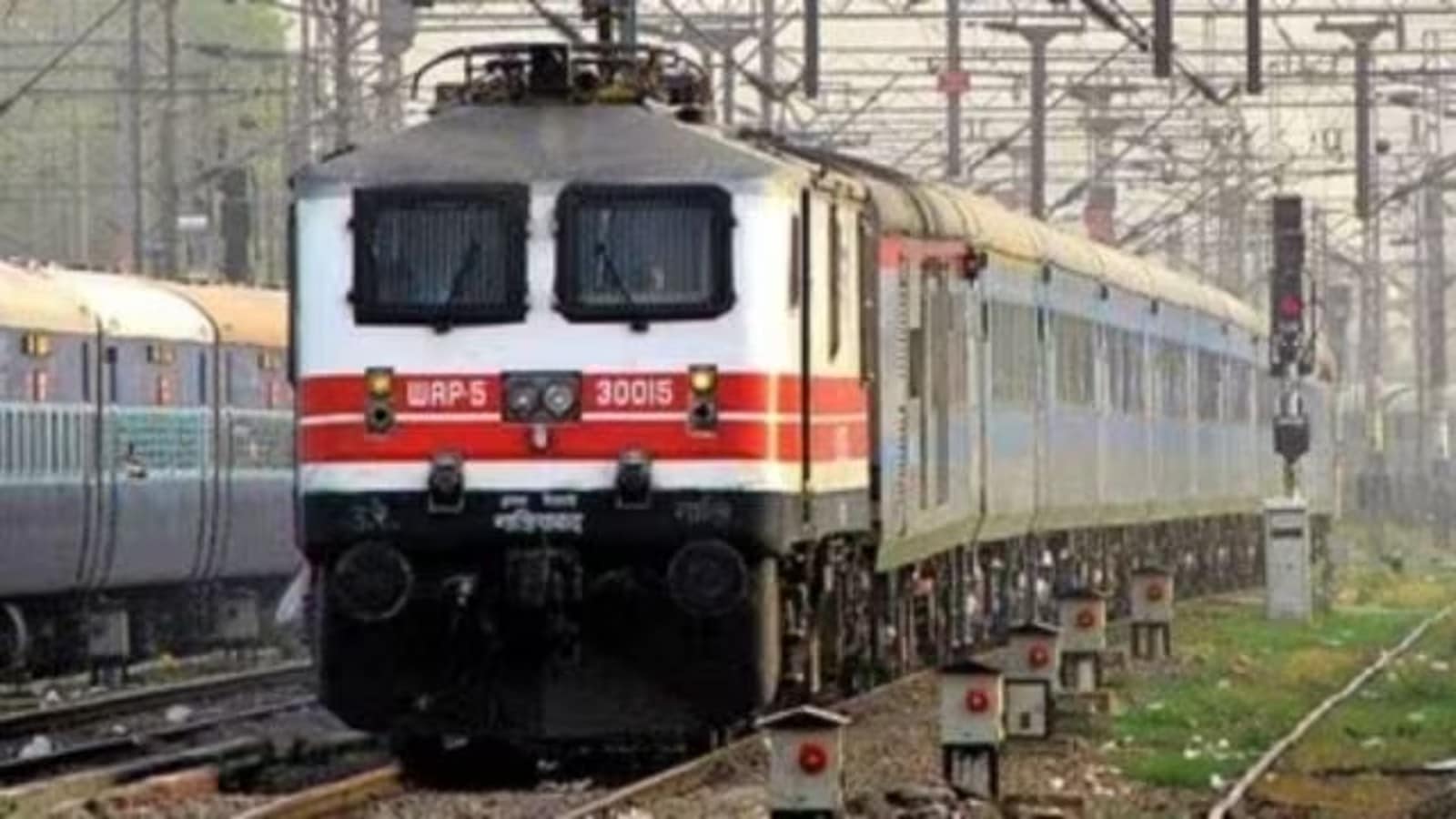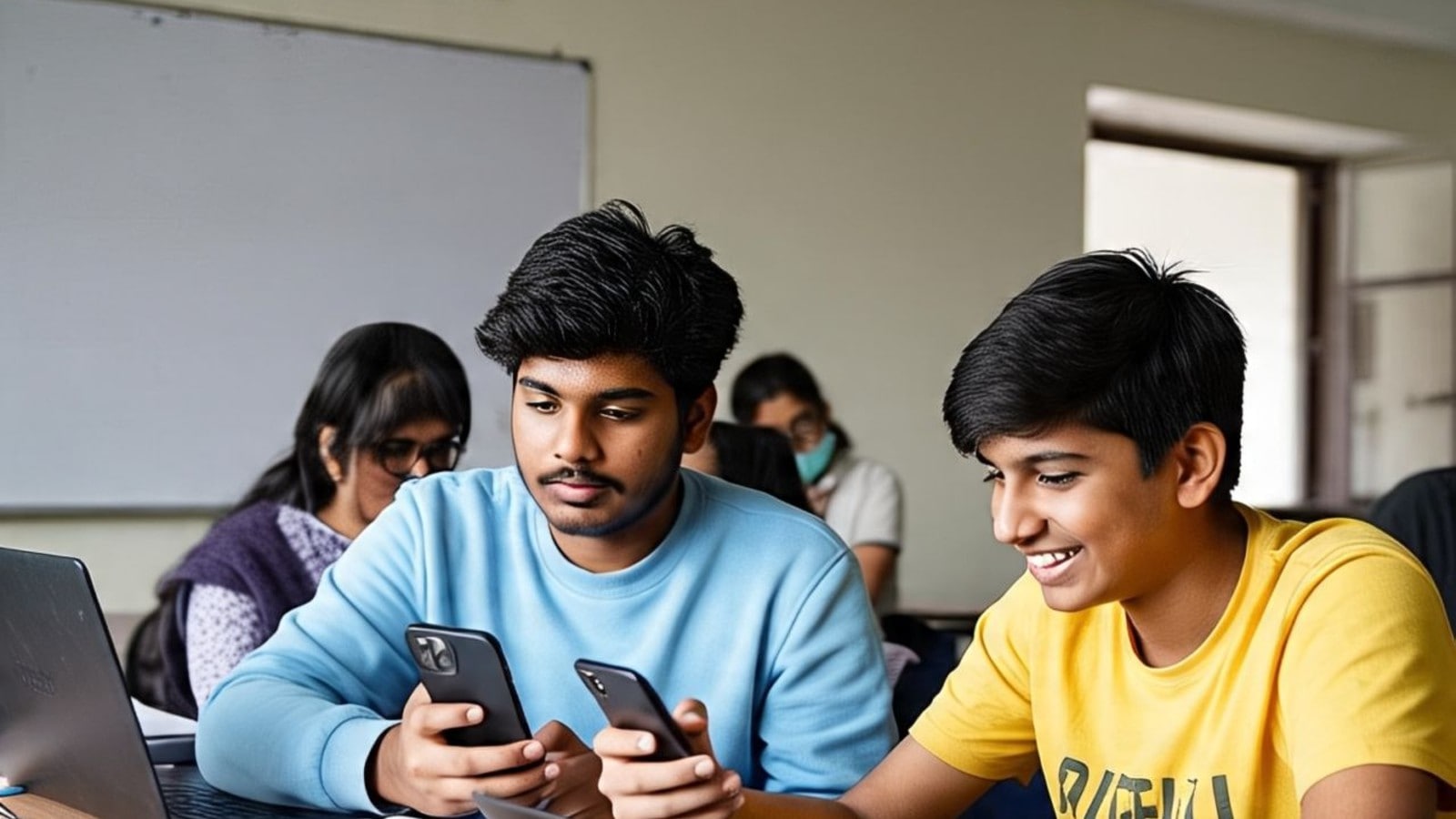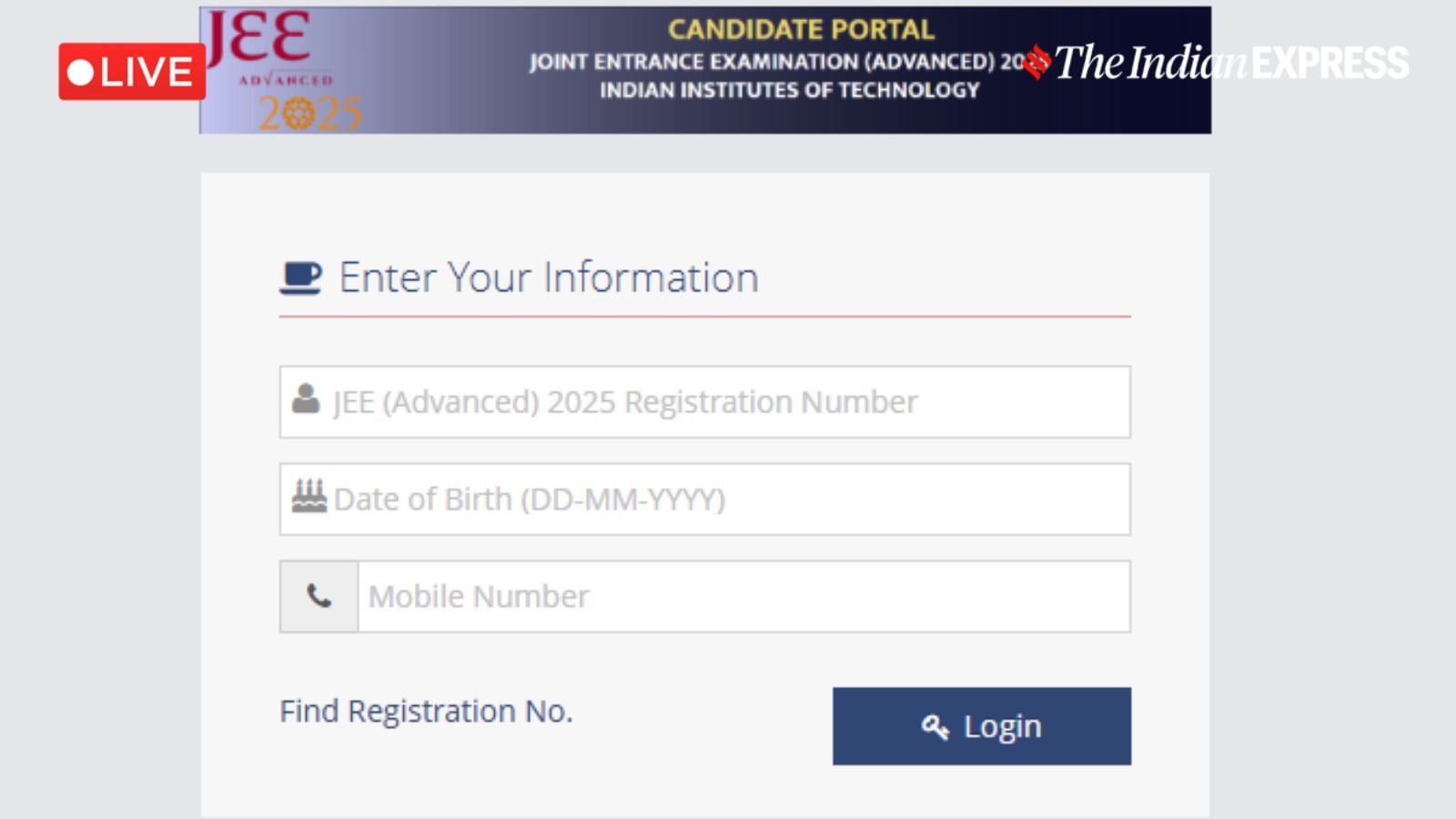The US administration led by President Donald Trump has asked its embassies and consular sections to “pause scheduling new interviews for student visa applicants” as it considers requiring all foreign students to undergo social media vetting as part of their application, Politico reported on Tuesday, citing a diplomatic cable.
The cable is dated Tuesday and signed by US Secretary of State Marco Rubio, says the report, adding that such vetting would be a significant expansion of previous such efforts. Currently, the visa application (DS-160) does require the applicant’s social media platform and social media identifiers.
ARTICLE CONTINUES BELOW VIDEO
“Effective immediately, in preparation for an expansion of required social media screening and vetting, consular sections should not add any additional student or exchange visitor (F, M, and J) visa appointment capacity until further guidance is issued septel, which we anticipate in the coming days,” the report quotes the cable as saying, adding that ‘septel’ is State Department shorthand for “separate telegram”.
While interviews for US student visas started in mid-May, this could severely slow down processing of such visas.
The US administration had earlier imposed some social media screening requirements, but those were largely aimed at returning students who may have participated in protests against Israel’s actions in Gaza.
“The cable doesn’t directly spell out what the future social media vetting would screen for, but it alludes to executive orders that are aimed at keeping out terrorists and battling antisemitism,” the report says.
“Many State Department officials have complained privately for months that past guidance — for, say, vetting students who may have participated in campus protests — has been vague. It’s unclear, for example, whether posting photos of a Palestinian flag on an X account could force a student to undergo additional scrutiny,” says the report.
Story continues below this ad
Earlier in the day, the US Embassy in India also urged students to adhere to the terms of their visas. “If you drop out, skip classes, or leave your program of study without informing your school, your student visa may be revoked, and you may lose eligibility for future US visas. Always adhere to the terms of your visa and maintain your student status to avoid any issues,” it said.
Earlier, the US Embassy had said that in 2024, India became the top source of international students for the first time since 2008-09, with over 3,31,000 students studying in the US, overtaking China.
The F-1 visa (academic student) allows individuals to enter the US as a full-time student at an accredited college, university, high school or other academic institution. The J visas are non-immigrant visas for individuals approved to participate in exchange visitor programmes in the US. The M visa is for non-academic or vocational studies.
In April, the Ministry of External Affairs (MEA) had said that Indian missions in the US are in touch with Indian students facing issues relating to the revocation of visas, and extending possible support to them.
© IE Online Media Services Pvt Ltd






